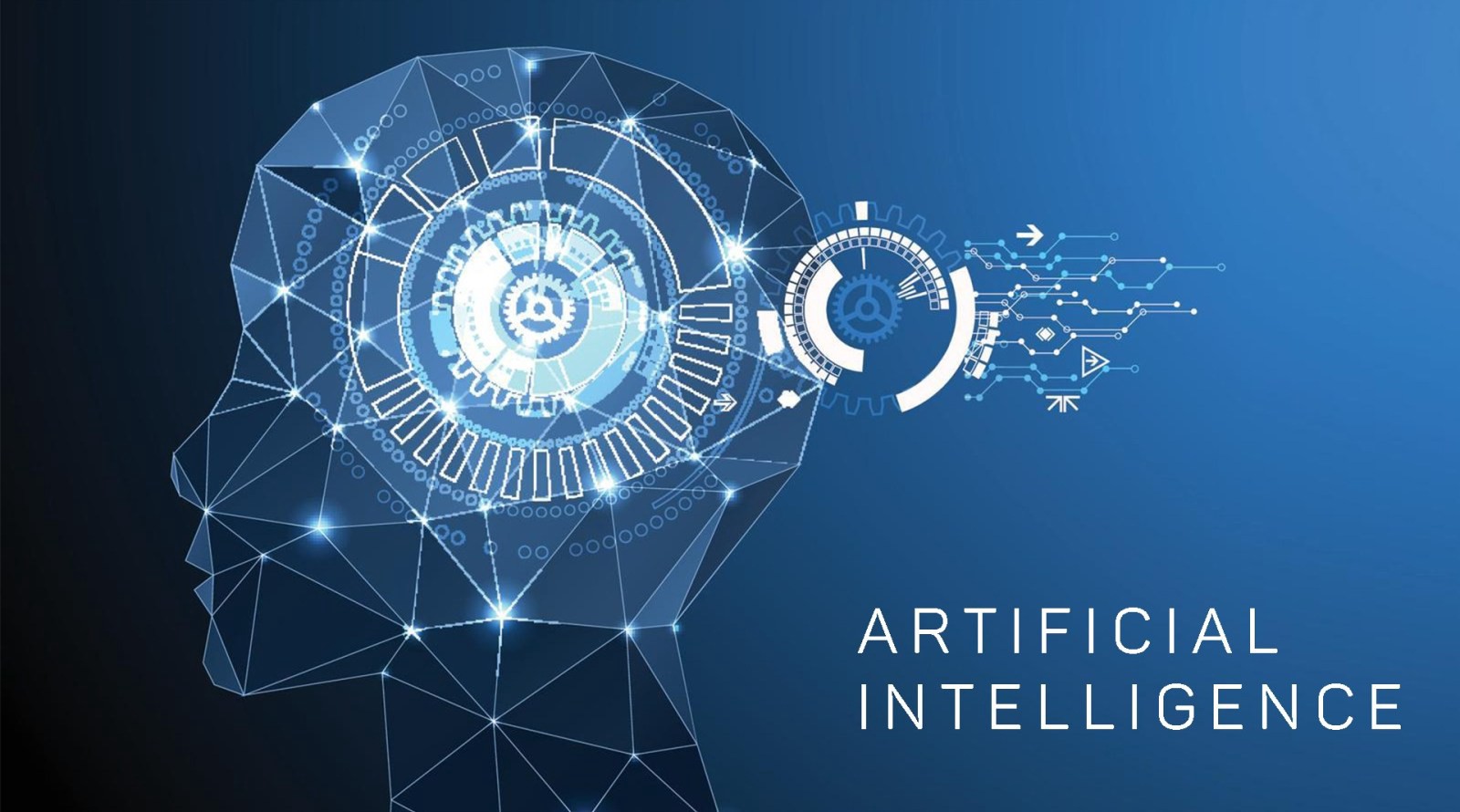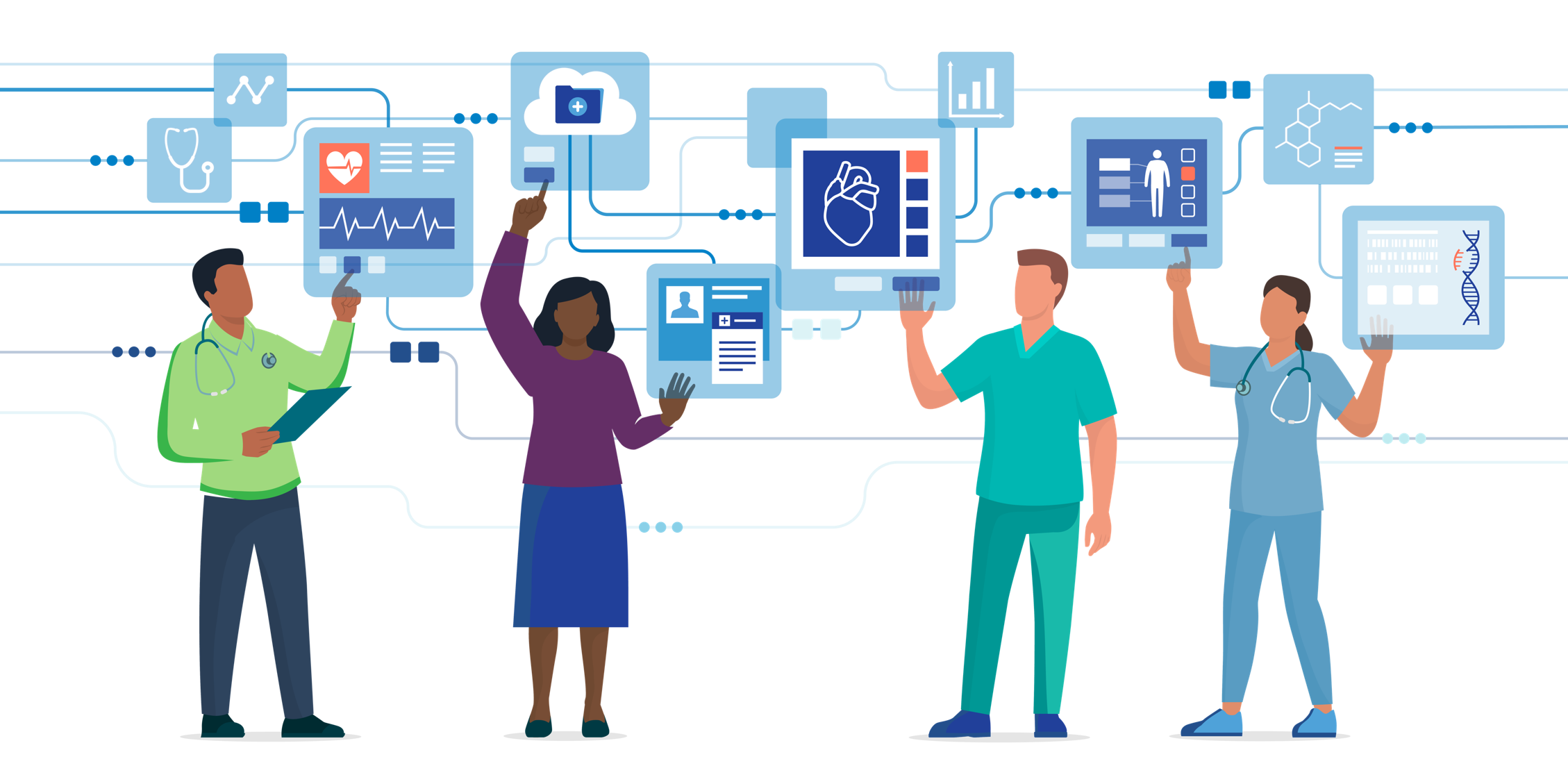We might earn money when you click links to our partners. Discover more.
What is synthetic general intelligence (AGI), and why does it matter? As one of the most talked-about subjects in innovation today, it has sparked a race amongst leading companies like OpenAI and Google to turn this cutting-edge concept into reality. Understanding AGI is essential since it has the possible to revamp industries, affect our society in extensive methods, and alter the method we connect with technology. Here's what you need to understand about what it might be able to do, how it may change markets and fields, and the significant difficulties facing its advancement.
KEY TAKEAWAYS
• AGI varies from standard AI in essential methods in that it would have the ability to think, learn on its own, and adapt to new difficulties like human beings unlike traditional AI, which is developed for specialized jobs and runs within a restricted scope. It needs human beings to upgrade and refine abilities. (Jump to Section).
• Once it becomes a reality, AGI would be able to make amazing advances in numerous fields, including healthcare, research, wiki.snooze-hotelsoftware.de and financing sectors. (Jump to Section).
• Creating AGI is challenging due to the research study challenges that include technical, ethical, and societal problems. Addressing these challenges is central to maintaining the safe and favorable advancement of this innovation. (Jump to Section)
Featured Partners: Expert System Software
Find out more
TABLE OF CONTENTS
What is Artificial General Intelligence (AGI): A Clear Definition.
Understanding AGI vs Traditional AI.
Potential Applications of Artificial General Intelligence.
Challenges in Artificial General Intelligence Research.
3 Introductory AGI Courses to Consider.
Frequently Asked Questions (FAQs).
Bottom Line: Why Knowing What Is Artificial General Intelligence Matters.
What is Artificial General Intelligence (AGI): A Clear Definition
Artificial general intelligence, or forum.kepri.bawaslu.go.id AGI, refers to a kind of artificial intelligence (AI) that can interpret, find out, and perform any cognitive task that a human can do. Unlike today's AI, which is developed to handle particular jobs like suggesting items or processing information, AGI would be able to adjust to new difficulties and apply understanding throughout numerous fields. Simply put, this sophisticated type of AI would think and reason like a human. While AGI holds excellent possible, it deserves keeping in mind that it is still a principle today, without any fully established systems offered yet.
Key Capabilities of Artificial General Intelligence
AGI would have a range of abilities that imitate human intellectual functions, so it can carry out jobs beyond the narrow focus of the current AI tools in the market. Some key abilities consist of the following:
Human-Like Reasoning: The technology would be able to understand and make decisions the way human beings do. It would think seriously, resolve issues, and come up with services based on its own experiences and past interactions, comparable to how we use previous knowledge to new scenarios.
Solving Unfamiliar Problems: One of AGI's strengths is its possible to deal with new problems. Unlike conventional AI, which is trained to carry out particular jobs, AGI would have the capacity to manage problems it hasn't been directly trained to solve. It could figure out how to approach an entirely new difficulty, similar to human beings do when confronted with something we've never come across before.
Self-Learning and Adapting: AGI could tweak its skills and learn from experience, without the requirement to be manually updated every time. It would observe and analyze information, gain from errors, and find much better ways to finish jobs over time. This indicates AGI might adapt to brand-new scenarios and improve at tasks by itself.
Using Knowledge Across Different Areas: AGI would have the ability to take what it finds out in one location and apply it to other jobs. For example, if it discovered how to resolve mathematics issues, it might utilize that understanding to attend to obstacles in other fields, like science or business. The ability to transfer skills across various areas is something human beings do naturally and would make the innovation flexible in varied sectors.
Understanding and Responding to Emotions: Recognizing and responding to human emotions would likewise be within AGI's abilities. This would be very important in settings where understanding individuals's feelings matters, such as health care, customer service, or social situations. By reacting to emotions appropriately, AGI would be better geared up to work with humans in an efficient way.
Understanding AGI vs Traditional AI
The table below offers a snapshot of the major differences between AI and conventional or narrow AI by highlighting their abilities, adaptability, and present status.
AGI would have the ability to believe, discover autonomously, and adapt to brand-new challenges like humans. However, it is still theoretical and has actually not been recognized yet. On the other hand, conventional AI is built for particular jobs and runs within a repaired scope. It can not adapt to new tasks without human input.
For instance, an AGI could discover to identify medical conditions, then utilize that knowledge to establish personalized treatment plans-and even adjust its method based upon the patient's progress. Additionally, it might apply this problem-solving ability to jobs in entirely various fields, such as producing business methods or recommending on ecological conservation. In contrast, conventional AI, like a diagnostic tool, can only examine medical data for particular conditions. It can not adjust to other locations or improve on its own.
Potential Applications of Artificial General Intelligence
While AGI isn't here yet, its prospective applications cover numerous fields and hold terrific guarantee of drastic improvements in numerous sectors. Without being limited to specific tasks like narrow AI, AGI would be highly versatile and might use its abilities to solve multi-disciplinary problems. It could conquer difficulties presently beyond the abilities of existing AI applications.
Transforming Healthcare
AGI would change the video game in healthcare by detecting complex and unusual diseases with greater accuracy, even in cases where signs are ambiguous or overlap with numerous conditions. It could create extremely tailored treatment strategies by studying client history, hereditary information, and real-time health information. In addition, AGI could speed up drug discovery, determining possible treatments in weeks rather than years by processing enormous datasets and running predictive simulations.
Advancing Scientific Research
In clinical research, AGI would be able to simulate experiments, evaluate detailed datasets, and produce hypotheses. It might speed up developments in quantum physics, genomics, and climate science. By integrating understanding from numerous domains, the technology might reveal connections and services that may otherwise go unnoticed by conventional AI.
Improving Industry

Organizations in the commercial field might use AGI to increase efficiency in real-time by handling whole supply chains. It would forecast and resolve disruptions before they take place. In manufacturing, it might oversee self-governing factories, optimizing production processes while maintaining safety and quality requirements. Its ability to adjust to changing scenarios would make it an indispensable tool in commercial environments.
Enhancing Business Strategy
AGI could improve business decision-making by examining market trends, customer behavior, and operational information to find chances and risks. In contrast to narrow AI systems, AGI would innovate options to difficult company problems, such as dealing with economic uncertainty or forecasting long-lasting market shifts. Its capability to learn from diverse sources would empower services to remain competitive.
Redefining Finance
In the financial sector, AGI could increase forecasting accuracy by identifying patterns in vast amounts of financial information, so investors and institutions can make informed choices. It would also have the ability to identify scams in real-time by recognizing subtle anomalies that conventional AI systems might miss. Additionally, AGI could build more robust financial designs, considering complicated variables and scenarios to mitigate threats.
Challenges in Artificial General Intelligence Research
Developing AGI is one of the most enthusiastic goals in technology, but it features many difficulties. These obstacles consist of technical, ethical, and social areas, making AGI development a detailed and multi-faceted procedure. Overcoming the following challenges is tantamount to ensuring security, maintaining ethical requirements, and thoroughly planning how AGI's intro and use will affect people, industries, and society as a whole:
Making AGI Truly Flexible: AGI would require to handle a wide variety of issues and adapt to new scenarios, much like people. Building a system of flexibility is incredibly hard because existing AI tools are not created to believe or find out at this level of sophistication.
Massive Computing Needs: To reproduce human intelligence, AGI would require huge quantities of computing power to procedure information from varied sources quickly. Finding out how to make such systems powerful and effective enough for real-world use is a substantial obstacle.
Understanding Human Intelligence: We do not totally understand how human believing works, particularly complex aspects like intuition or awareness. Without this understanding, it's challenging to build makers that can replicate human-like thinking.
Making AGI Safe and Ethical: AGI could potentially be misused, like to produce prejudiced systems or hazardous tools like self-governing weapons. Researchers should ensure that AG is constructed properly and follows stringent ethical guidelines. This is a challenging task that demands worldwide partnership.
Keeping It Under Control: There's a risk AGI could act in methods we don't expect, especially because it would have the capacity to discover and alter with time. Ensuring that these systems stay lined up with human worths and are safe to use is one of the biggest obstacles in AGI research study.
Influence on Jobs and Society: If AGI comes true, it could replace jobs or cause financial inequality by benefitting some groups more than others. Preparing for these social impacts is just as important as developing the technology itself.
High Costs and Resources: Researching AGI requires a great deal of cash, time, and expert knowledge. Not all organizations have these resources, slowing down progress and leaving smaller sized businesses out of the race.
3 Introductory AGI Courses to Consider

Familiarizing yourself with AGI can give you a competitive edge, whether you wish to advance your profession in AI or simply wish to stay informed about emerging technologies. The following introductory courses can assist you get a much deeper understanding of what synthetic basic intelligence is, so you can strengthen your knowledge about this appealing AI improvement.
Artificial General Intelligence (AGI): An Introductory Course on Udemy
This Udemy course supplies a basic understanding of AGI, ideal for newbies with no previous experience. The course covers pertinent topics, consisting of the structures of AI, the basics of AGI, and the most recent trends in the field. It likewise checks out the advantages, threats, and challenges related to AGI, equipping you with insights into what the sophisticated innovation can attain. The entire course consists of 15 lectures and can be finished in roughly 45 minutes. Upon completion, you will receive a certificate to bolster your qualifications in the job market. This introductory course costs $24.99.

Intro to Artificial General Intelligence (AGI): Future of AI on Udemy
Udemy's introductory course uses a detailed introduction of AGI for students with no technical background. It discusses the historic context and structure of AGI, the distinctions in between narrow AI and AGI, and ethical considerations surrounding its advancement. In addition, it attends to future patterns in AI and AGI, clarifying the challenges and opportunities that lie ahead. Spanning one hour and 46 minutes, the course includes 39 lectures, on-demand video, and downloadable resources. It also has a useful test at the end to reinforce your understanding. You will be granted a certificate once you complete the course. It is available as part of Udemy's premium plans, starting at $20 monthly, or as a separate purchase of $49.99.
Artificial General Intelligence (AGI) on Udemy
This Udemy course brings a clear and succinct introduction to the topic, with on-demand videos and 22 lectures. It elaborates on major AGI concepts and the role of robotics in AGI development. It also examines the ethical, software application, and hardware difficulties in producing AGI. The course provides quizzes to check your knowledge and a certificate of conclusion. Priced at $44.99, it is produced learners at any level, making it available and important for anyone who wishes to discover more about AGI.
Frequently Asked Questions (FAQs)
Achieving AGI might change markets, improve decision-making, and cause substantial advancements in technology. However, it also raises concerns about ethics, job displacement, and the need for proper guideline to make certain it is developed safely and properly.
Experts disagree on how far we are from accomplishing AGI. Sam Altlman of OpenAI thinks in 2025, AI representatives may join the workforce, eventually paving the method to AGI advancement. On the other hand, a survey of AI researchers puts the mean price quote around 2047. Despite quick AI advancements, present systems are still limited to narrow tasks and lack the broad, versatile thinking of humans-so AGI is most likely still years away.
The idea of AGI totally replacing human beings is still debated. Despite the fact that it's most likely that AGI will assist us by taking over repeated tasks, there is a possibility that it might displace particular jobs. That stated, instead of totally changing humans, AGI is expected to work together with us, managing technical duties while we focus on tasks that need imagination and empathy. At the end of the day, the effects of AGI will depend upon how society selects to manage and incorporate it.
Bottom Line: Why Knowing What Is Artificial General Intelligence Matters
Understanding synthetic basic intelligence is necessary since this technology might change industries, resolve tough issues, and change how we use AI. But as we start to establish AGI, we need to carefully attend to numerous obstacles, including technical concerns, ethical issues, and its overall effect on society. By discovering AGI's prospective and dangers, we can pursue making certain it is produced responsibly and used in methods that would benefit everyone.








